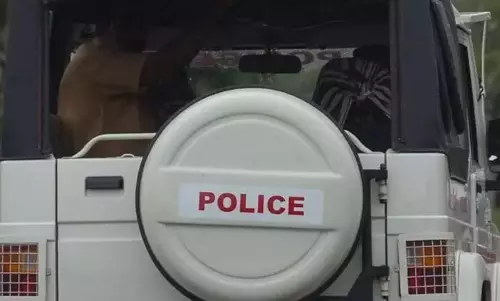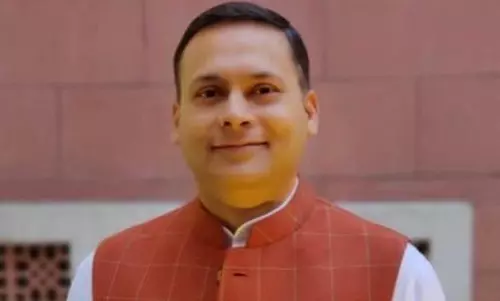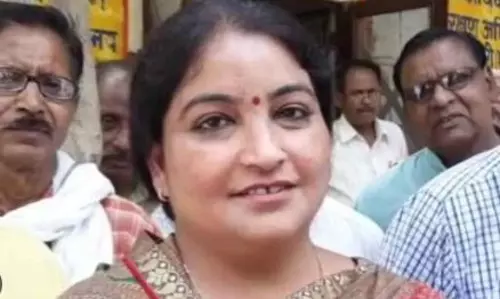
When putting the media in the dock
text_fieldsIn times of post truth when unrestrained interventions of social media pose a rare challenge to the organised media institutions, the compulsion to constantly lock horns with the political and power centres has changed journalism into a risky job.
When the new trend challenging the traditional lines and style of journalism by propagating fake news through the social media is rampant across the country, it comes as no surprise that the attempts of the political and power centers as well as corporate hubs to question the relevance of factual news stories and to accomplish their vested agenda by laying blame on the media, have thrown this sector into turmoil. On the other hand, there is an increasing and in no way justifiable trend of misusing the liberal freedom and rights allowed for the media in a democratic system like India and of handling it recklessly by putting merely business interests on top. The appropriate means of a honey trap operation carried out by Mangalam channel on former Transport Minister A K Saseendran lies before us as the biggest lesson about the extent to which the channels, as a form of popular media, should not debase themselves. The P S Antony Commission which probed the allegations that ended in the resignation of the Minister, has found that the channel through a criminal conspiracy right on its inaugural day doctored an audio clip involving a woman journalist and broadcast it to boost the channel ratings and ensure business interests.
It is when dispassionate observers wonder if, ever since the Left government took office there has not been hurdles in having healthy relations with the media, that incidents that put the government in crisis like the 'phone trap' occurred. If the government, that is usually loquacious about freedom of expression as the very breath of democracy, introduces any ban or restrictions on media based on this incident, it may be an over-kill to remind them of the dangers of such a move. There have been active debates at the national level about the irresponsible and provocative manner of visual media in dealing with news. It has to be admitted that matters have come such a pass that the breakneck competition has struck at the very root of media ethics. However, the solution to this is not to be sought through blanket controls over the media or by keeping mediapersons away. In this perspective, how willing a democratic society will be to accept the suggestion of the retired district judge (who enquired about the phone trap) that there should a code of conduct for ministers to interact with the media. The tendency of those in power viewing journalists with increasing intolerance is a recent phenomenon. This may be due to their lack of grit to face and hear things unpalatable to them. Even the Chief Minister opened his mind recently that ever since the advent of visual media, journalists have a style of functioning different from that of earlier times, and that one could see a more disciplined approach from their counterparts outside of Kerala. All that is needed to solve such frictions between the two sides on related issues, would be an effective mechanism for frequent interactions of the government with editors, senior journalists and journalist union.
In a society rapidly undergoing changes like enlightened Kerala, no party or government can function ignoring or estranging the media. Facilitating a climate conducive for free media is a primary responsibility of any government. It is almost a year since the straining of relationship happened between the High Court lawyers and mediamen, but the government has been sitting passive about it as if it has got no role to play in the issue - which most feel is not the right approach. It is quite unbecoming of a government with regard for democratic values to allow the media to meet them only when it suits the rulers' need, and to ask them to keep away when it does not. The other day, mediamen were disallowed to enter the Secretariat on the occasion of Justice Antony Commission submitting its enquiry report. Although the Chief Minister later clarified that this was not done under his instructions, it was a shame on the political ethos of Kerala. If it explained that the CM was afraid of the microphones of mediamen would hit his nose, the public will only be amused by this.
That said, the current style of rushing, mobbing and jostling each other to chase and intercept politicians and ministers on their way just for getting a bite, is something to be subjected to introspection by mediamen on the field. It is high time for their new generation to be alerted that this does not constitute serious, responsible journalism. They will do well to realize that with the spread of popularity of visual media, there has also been a big change in people's perception of the media as well.























